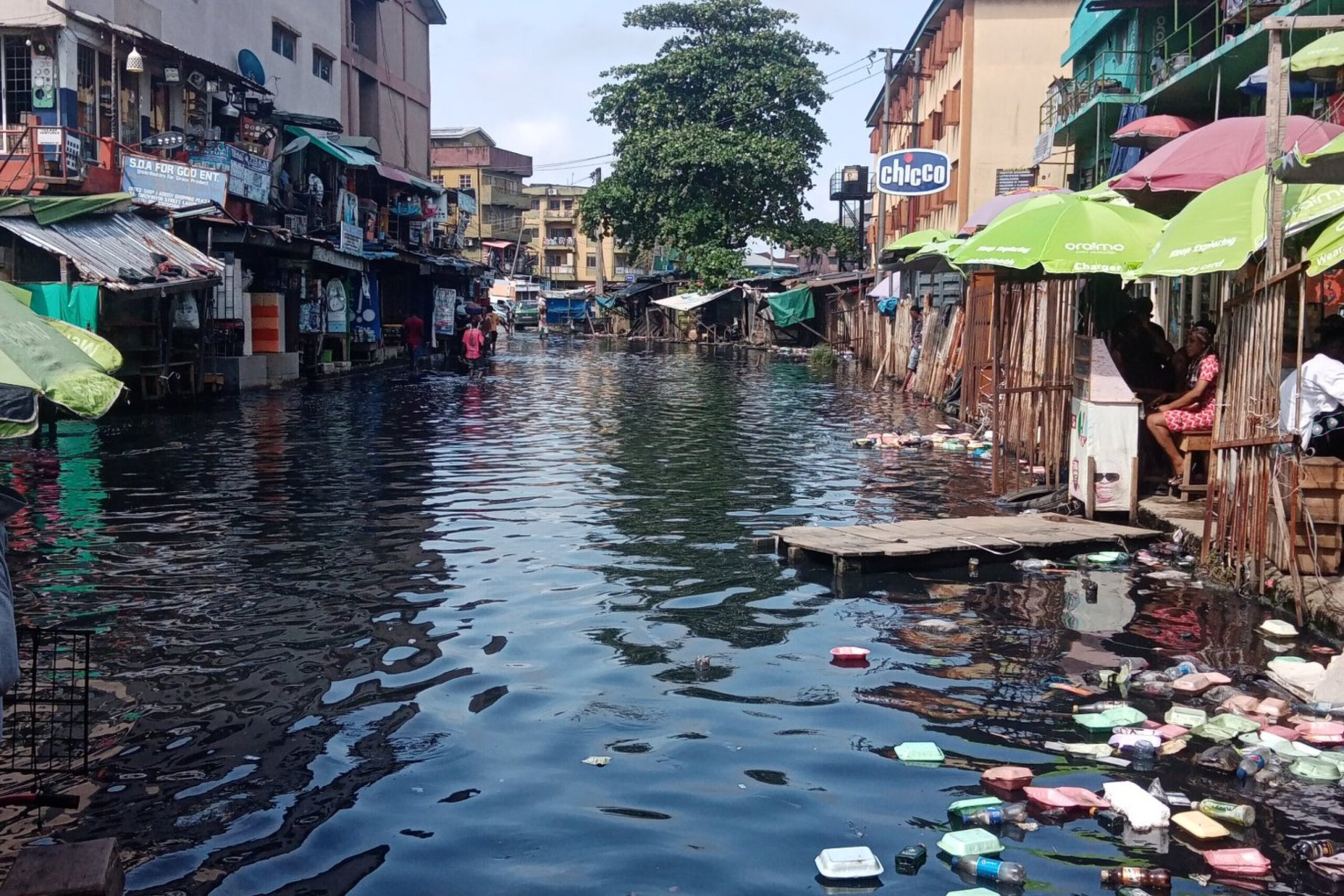The United Nations Children’s Fund (UNICEF) has called on the Lagos State Government to quickly provide clean water and better sanitation to fight the ongoing cholera outbreak.
Beyond Boders reports that the disease has hit several Local Government Areas, with 17 confirmed cases and 15 deaths so far.
Celine Lafoucrier, Chief of UNICEF’s Lagos Field Office, made this request on Saturday, stressing the need for the state to improve its healthcare systems to handle such outbreaks better.
UNICEF also wants the government to educate the public on how to prevent cholera to keep children and others safe.
Lafoucrier pointed out that the outbreak shows how urgent it is to ensure access to clean water and good sanitation in many areas.
The state Ministry of Health reported 350 suspected cholera cases in 29 wards, with 17 confirmed cases and 15 deaths.
Across Nigeria, there have been 65 confirmed cases and 30 deaths from January 1 to June 11, according to the Nigeria Centre for Disease Control and Prevention.
It is worth noting that cholera spreads through contaminated food and water. Symptoms include sudden, severe diarrhea, vomiting, and sometimes fever.
Good hygiene, clean water, and proper sanitation are key to preventing the disease.
Despite efforts to provide water, the outbreak highlights the need for cleaner, safer water.
Lafoucrier emphasized that to fight cholera, the government must focus on providing high-quality water and sanitation, strong healthcare systems, and public education on prevention.
“Addressing the challenges of cholera outbreaks requires a deliberate focus of state policies to provide high-standard water and sanitation facilities, as well as strengthened healthcare systems capable of responding to the demand in times of outbreaks, and state-led educational campaigns on cholera prevention to protect children and the population at large,” she said.
She suggested actions such as proper disposal of waste, ending open defecation, and ensuring access to safe drinking water.
Regular handwashing with clean water and soap is crucial. Avoiding raw or undercooked food from street vendors also helps reduce the risk.
Lafoucrier further highlighted that investing in water, sanitation, and hygiene infrastructure is not only vital for health, but also economically beneficial.
Better water and sanitation can prevent many deaths and illnesses, especially in children, who are most vulnerable.
She also noted the wider impact of cholera, such as children missing school due to illness or caring for sick family members.
This can hinder their learning and development. Malnutrition and weakened immune systems are other serious effects, making children more susceptible to other diseases.




